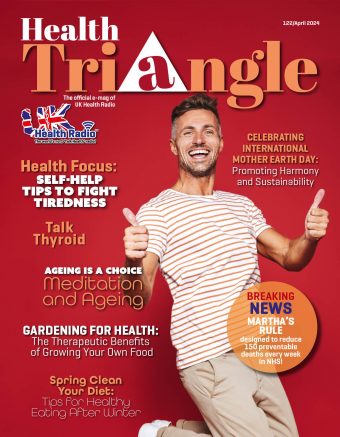After the banning of Junk food ads during TV programmes targeted at under-10s, which came into force in January 2007, it was then decided that the only way to protect children was to ban all TV advertising for unhealthy food before 9pm.
A Which? report showed clearly that the regulations, as they stand, are failing to keep ads for unhealthy ‘junk’ food out of the programmes watched by most children, with only 2 of the 10 TV programmes that are most popular with the under 10’s, covered by government rules.
Under the original 2007 ruling brought in by the communications regulator Ofcom, adverts which promoted foods high in fat, sugar and salt were banned during programmes that were thought likely to appeal to children under 10.
From the end of January 2008 these rules were extended to programmes that might appeal to young people up to the age of 16.
While it might be seen as a good thing to remove the temptation from impressionable youngsters, is this regulation really hitting the target? All of us who have or know youngsters know that as well as their own programmes, there are plenty of programmes not aimed at their demographic that they watch just as avidly. The argument to ban all such advertising up until the 9 pm watershed might seem to be the way forward. But is even that really the answer?
It seems to me that parents who are are careful about their kid’s eating habits would already have got this area of pester power under control with or without government intervention.
On the other side of the coin, the kids of parents who take no notice whatsoever of government health warnings are as likely to turn the TV off at 9.pm as fly to the moon!
My childhood was a pleasant voyage of discovery of an ever more prolific range of confectionary. I’ve never been a small girl, but I’m fit and healthy and I walk miles with the dog. I agree that if our health prospects are suffering from over use of certain foodstuffs we need to be told. But why don’t the government take on the ‘junk food’ industry and make changes at source to what is on offer?
Harping back to my youth spent loitering at the sweet shop door, at least to get to the sweet shop I had to walk or cycle, and there was no playstation or X box waiting for me at home, so I played outside, walked, jumped, ran and cycled, clutching my bag of gob stoppers, liquorice laces and sugar mice. And that is the fundamental difference, as children we moved, we wanted to be outside, and had no particular reason to be inside.
This may seem like an over simplified view of this problem, but children will always want what they shouldn’t have whether they see it on TV, hear about it from friends or see it in the supermarket – there are hundreds of possibilities. It’s up to us as adults to help them strike the right balance.
So does an advertising ban help? Well, while the government is happy that even the most nutritionally redundant food is still made and marketed, I for one think we would be naïve to rely on any ban to solve our problems.
Please note that all information and content on UK Health Radio and this blog are provided by the authors, producers and companies themselves and is only intended as additional information to your general knowledge. It is not intended as a substitute for professional medical advice or treatment. Please do not delay or disregard any medical advice received due to information gathered on UK Health Radio.
UK Health Radio – the health radio station for the United Kingdom, Europe and beyond at www.ukhealthradio.com – is kindly sponsored by www.1-stop-health-shop.co.uk
Amanda Thomas
UK Health Radio








